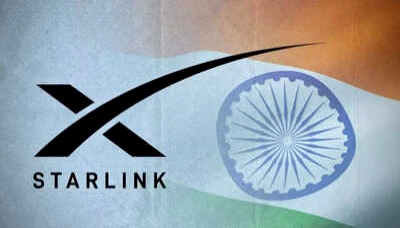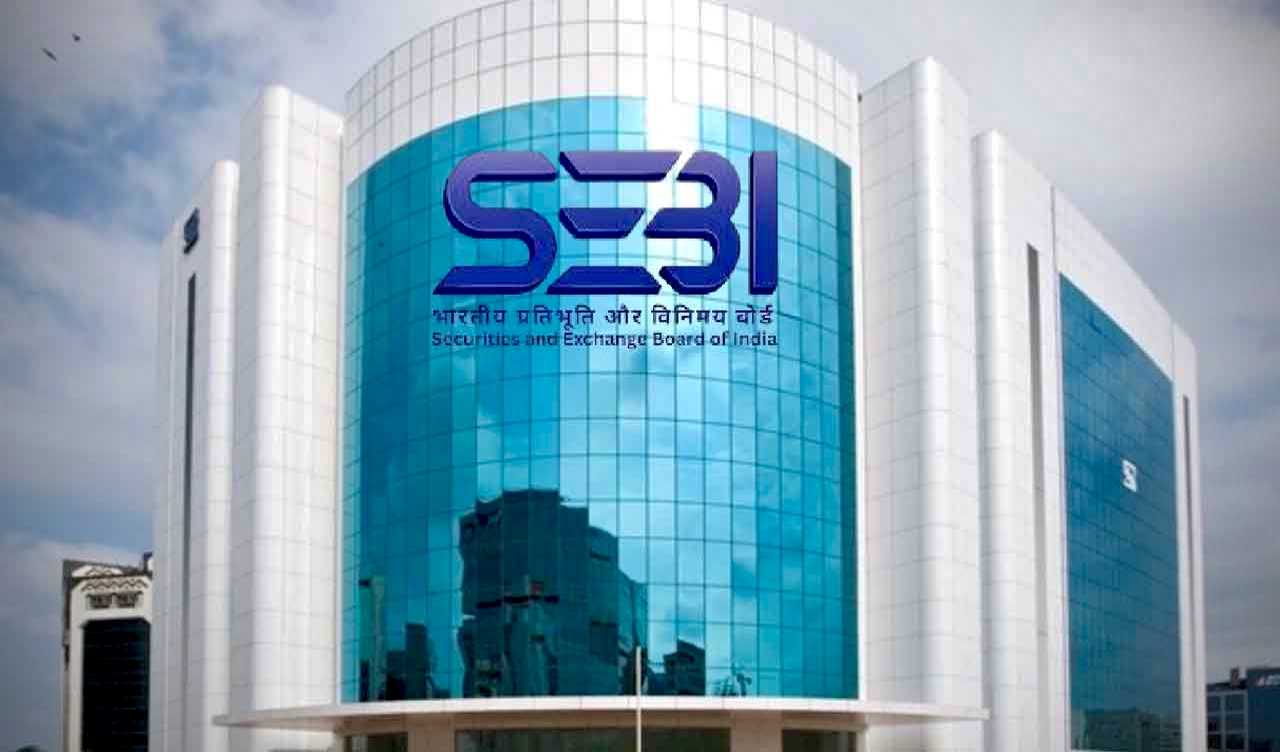
India’s aspirations to lead in next-generation satellite-based broadband services face significant hurdles, as industry stakeholders voice serious concerns over the proposed regulatory framework. The Satcom Industry Association (SIA-India), a key industry body, has warned that the proposed 4% spectrum usage charge and a limited 5-year assignment tenure could undermine the country’s satellite internet rollout.
The Department of Telecommunications (DoT), in its draft policy framework, has suggested levying a 4% annual fee on Adjusted Gross Revenue (AGR) for satellite spectrum usage. Additionally, it proposes assigning spectrum for just five years—a move industry experts say is misaligned with the capital-intensive and long-term nature of satellite projects.
“Satellite investments typically span 15 to 20 years. A five-year spectrum tenure not only introduces uncertainty but also jeopardizes investor confidence,” said Anil Prakash, Director-General of SIA-India. “The 4% fee further erodes the viability of these projects, particularly in the early stages when operators are still building customer bases and infrastructure.”
Globally, regulators are supporting satellite internet providers through fee waivers and long-term spectrum commitments, recognizing their role in bridging the digital divide. Industry representatives argue that India must adopt a similar approach if it wants to attract leading players like Starlink, OneWeb, and Amazon’s Project Kuiper.
The industry has urged the government to extend spectrum assignments to at least 20 years and waive or reduce usage fees during the rollout phase. They caution that without these changes, satellite internet—critical for rural and remote connectivity—may be delayed or derailed.
With India’s digital inclusion goals hanging in the balance, all eyes are now on the government’s next move. The DoT has yet to issue a formal response, but sources indicate internal deliberations are ongoing.








